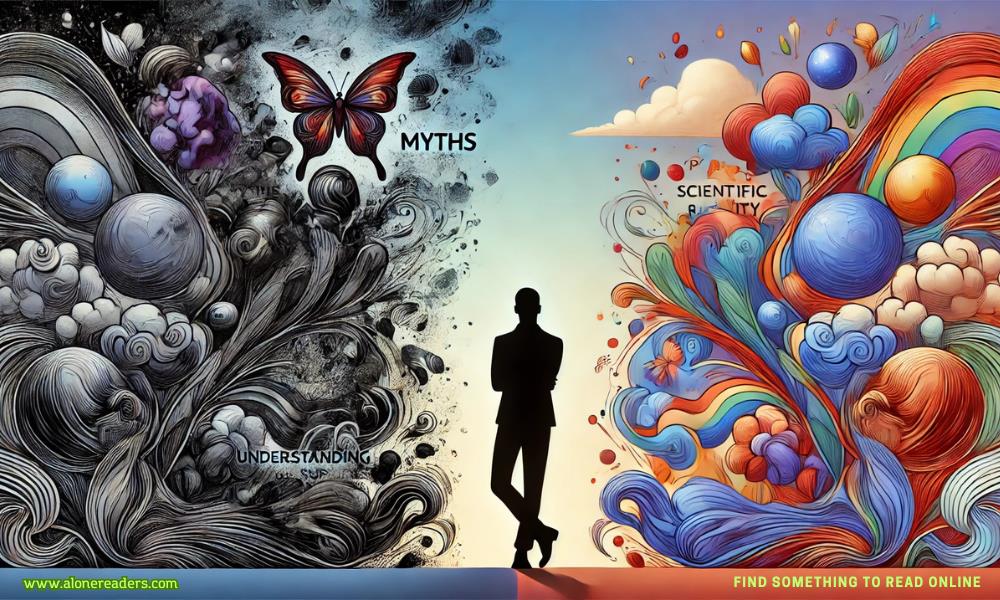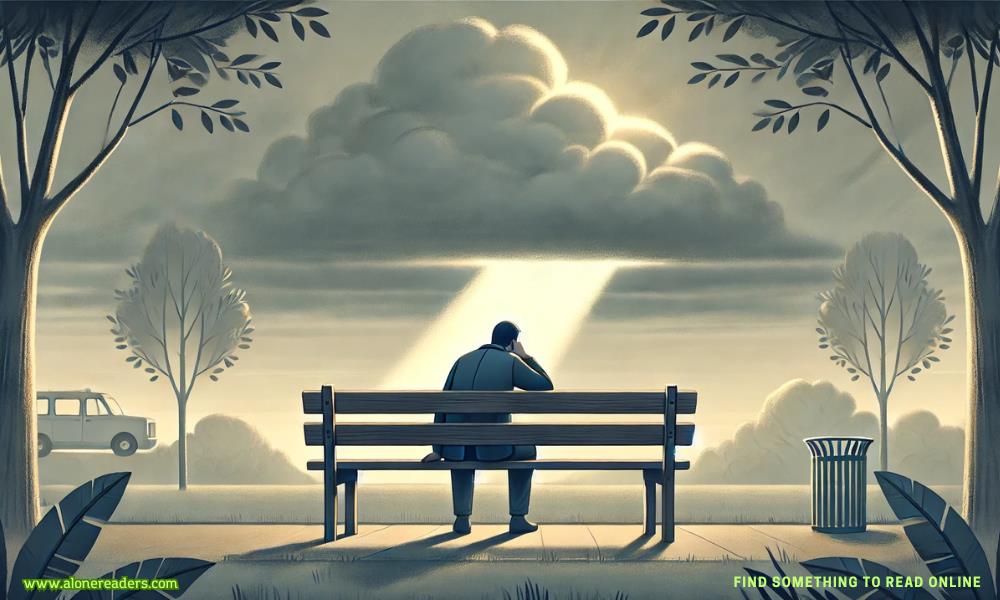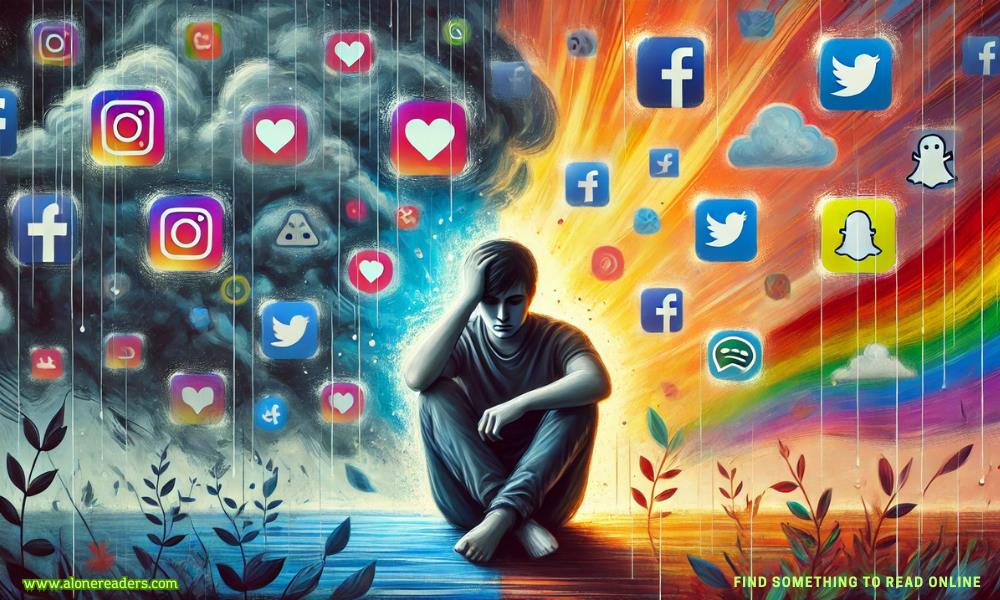Page 23 of Jilted
“That’s not full,” he grumbled.
I pointed to the sign. “We don’t serve sixteen ounces here. Our price reflects that you’re getting twelve.”
About two years ago, when Dad was no longer able to serve beer without sloshing it all over the counter because of his Parkinson’s, we lowered the prices of the beers and hung up a sign saying our serving size was now twelve ounces. It was less of an issue with cocktails, because people didn’t expect a vodka seven to be filled to the brim like they did a beer.
The guy shook his hands in front of him. “Maybe you should hire someone to work the bar who isn’t an alcoholic with the shakes.”
I grabbed one of the bats we kept behind the bar and lifted it to my shoulder. “He’s got Parkinson’s, asshole. You don’t like it, get the fuck out.”
He held up his hands. “Jesus, lady. I was just joking.”
“I don’t find making fun of someone’s disability very funny.” The bar had gone quiet, everyone paying attention, ready to jump in. I looked around the room. “Do any of you officers find making fun of my dad funny?”
The bar echoed with the sound of stools scraping on the tile floor. Every single guy stood from his chair and folded his arms over his chest. “Nope.”
This was why new customers didn’t last long. At least this time, I’d be glad they didn’t come back. I pointed to the fishbowl on the counter. “That’s the tip jar that goes to the Parkinson’s Foundation. Maybe stick the apology you owe in there.”
A few hours later, things had slowed down a bit. Dad was still hanging around, though most of his cronies besides Frank had gone, and it looked like even Frank was getting ready to take off, too. Dad didn’t like to leave me alone here, which was silly, because with our patrons, this place might’ve been safer than the police station. I went to the back to grab glassware out of the dishwasher, and I figured I’d try to convince him to go home while I restocked, once his buddy was gone for the night. I could tell he was tired, because he was sitting on a stool behind the bar, rather than standing.
I used a hip to open the swinging door leading from the back, a plastic bin full of clean glasses in my arms. Frank was gone, his seat now filled by what looked like might be another new patron. The man had his back to me, so I didn’t pay him much attention. At least not until I got closer and he turned.
Then I did a double take. “Wilder? What are you doing here?”
8SLOANE
I was so confused. Wilder and my father were laughing and smiling like old friends.
Wilder lifted his chin to me. “Hey, Sloane.”
“What are you doing here?” I repeated.
He shrugged. “I came in for a beer.”
Dad pointed to Wilder. “You know this guy?”
“We met a couple of weeks ago at a wedding I covered for work.”
“Why didn’t you didn’t tell me you knew Wilder Hayes?”
My nose wrinkled. “Why would you care that I know him?”
“Because he’s a legend.”
“Uh… a legend at what?”
Dad shook his head. “You really don’t know who this is?”
“My boss’s boss’s boss’s son?”
“He’sWilder Hayes,Sloane, one of the best players to have ever played pro rugby.”
I looked to Wilder. “You played professionally?”
For the first time, he didn’t seem cocky. He looked a little modest even as he nodded. “Yeah, for eight years.”
Dad thumbed over at Wilder. “Honey, he’s the David Beckham of rugby. He’s going to do for rugby what Beckham did for soccer in the US. He’s starting his own team, and with his fan base, it’s gonna get a lot of attention.”
“The team isn’t a done deal yet,” Wilder said. “The commission votes in less than two weeks on the expansion.”
- The Sheik's Embrace by Elizabeth Lennox
- Sofa King Cute by Alexa Riley
- Family Bonds- Garrett & Justine by Natalie Ann
- Stolen Dreams by Natasha Madison
- Vendetta Crown by Brook Wilder
- Vendetta Vows by Brook Wilder
- Born into Darkness by Sonja Grey
- His Virgin Wife by Sam Crescent
- The Princess and the Pack by Fallon English
- Revival by A.M. Wilson
- Reclaimed by A.M. Wilson
- Atonement by Evelyn Montgomery
- Some Like It Royal by Heather Long
- Protected By Saint by Cassi Hart
- Getting Lucky in London by Darah Lace
- A Man of Power by S.E. Rose







